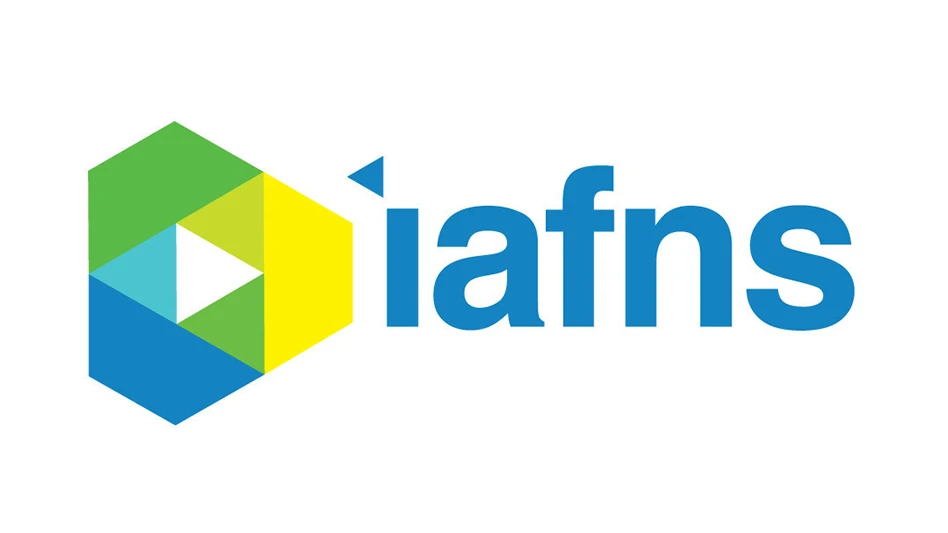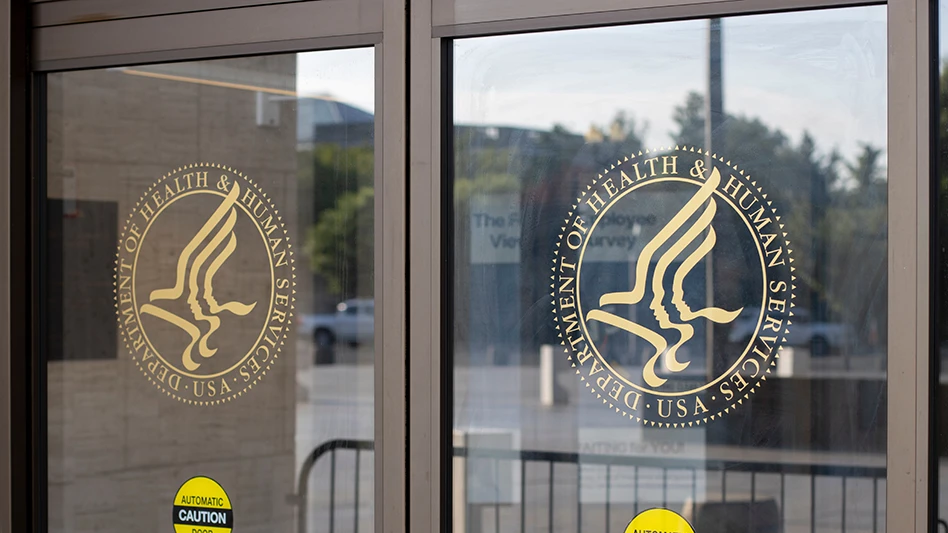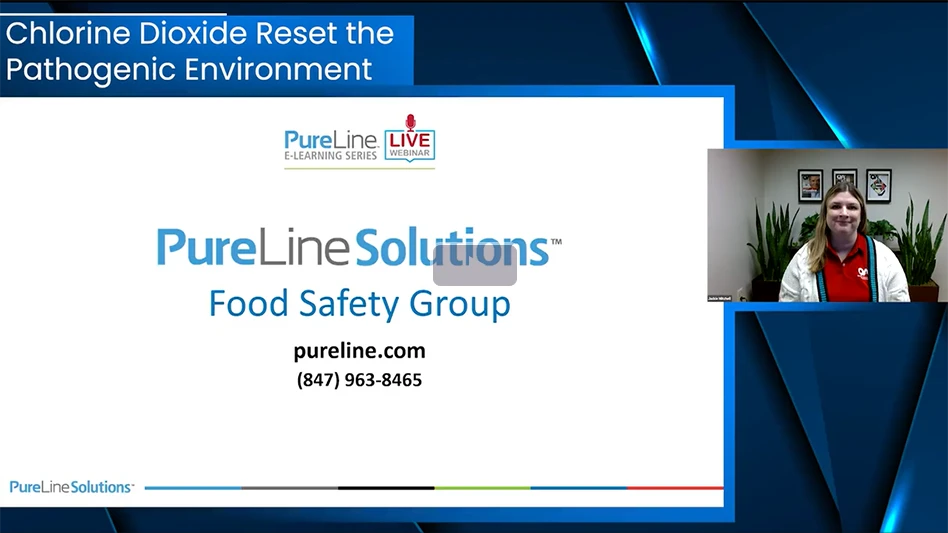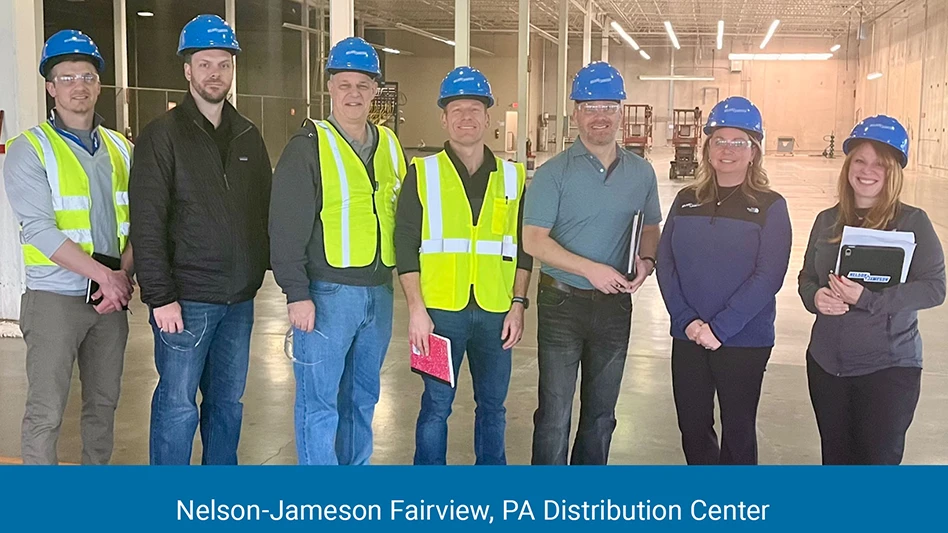
Are we guilty of seeing, hearing and speaking no evil in our daily lives as quality and food safety leaders?
Instead of wearing blinders, earplugs, and muzzles (figuratively or literally), we need to be doing everything we can to build our relationships with company executives as well as line workers — seeing, hearing, and speaking.
SEE NO EVIL? Do we wear blinders? We must be constantly diligent and have our eyes wide open in the production environment as well as in the board room. In operations areas, we cannot let our eyes be averted from the potential evil that could be lurking in every action and in every piece of equipment.
- We must not let ourselves get complacent with substandard equipment, actions or processes.
- We must see this evil and work to correct it every time.
- We must look in different places each time we walk the floor.
- We must ask different questions each time we talk.
- We must speak with different people — and listen to their responses.
Although daily changes may keep our minds open to new evils, they can prevent us from seeing the everyday evils. Same goes for the board room. We must not let fellow leaders become complacent about their tasks.
Our job is to be the conscience of the company and assure that all the right things are being done, and that they are being done in a timely manner, to protect the company image, the employees, and the consumers.
Seeing no evil in this case will undermine the good work that is done every day by every member of operations as well as by executives.

We cannot filter the message or minimize the bad to accentuate the good. The evil must be heard and it must be responded to. Don’t fall into the trap of hearing only what you want to hear.
SPEAK NO EVIL? Do we lead by example? If we are to be leaders, we must mentor our teams toward “doing the right thing, the right way, every time.” It is important to ensure staff and fellow leaders understand the importance of doing a task in the prescribed manner.
To do this, we must sometimes speak evil. But, any time that we present what can be considered to be bad news to anyone, we also must learn to do it in a manner that is constructive.
The recipient may be an employee who needs assurance that the correct way is the only way that can be allowed. Or it may be management who has taken a shortcut leading employees to believe that shortcuts are acceptable.
In either case, it is wise to remember that a few words of praise are a great motivator. Using praise along with the corrective action will help everyone remember that correction is needed and the result valued.
SEE, HEAR, SPEAK. Let’s be leaders in this new year and be aware of the evils that can corrupt our workplaces. Use them to improve the operation, the company image, our employees, our processes, and our management.
Bruce Ferree is Senior QA Manager, HP Hood.

Explore the February 2017 Issue
Check out more from this issue and find your next story to read.
Latest from Quality Assurance & Food Safety
- Kim Heiman Elected to Second Term as President of Wisconsin Cheese Makers Association
- FAO Launches $150 Million Plan to Restore Ukrainian Agricultural Production
- Pet Food Company Implements Weavix Radio System for Manufacturing Communication
- Penn State Offers Short Course on Food Safety and Sanitation for Manufacturers
- USDA Announces New Presidential Appointments
- FDA to Phase Out Petroleum-Based Synthetic Dyes in Food
- IFT DC Section to Host Food Policy Event Featuring FDA, USDA Leaders
- CSQ Invites Public Comments on Improved Cannabis Safety, Quality Standards





